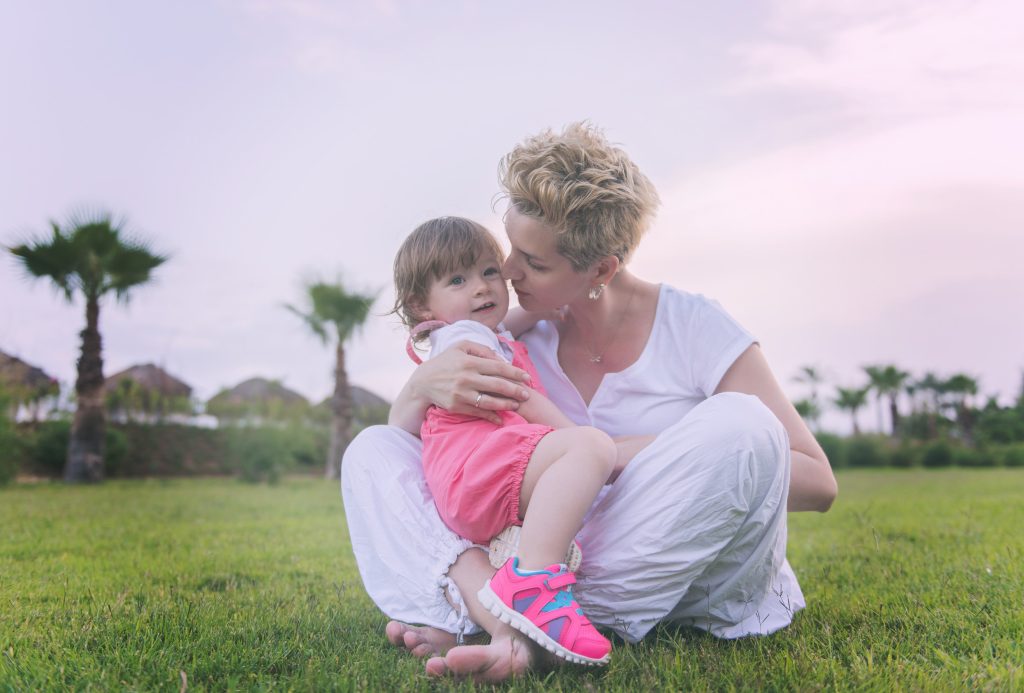
The bond between a parent and child is one of the most powerful forces in nature, and the words a parent speaks can shape a child’s entire world. Most parents have the best intentions, wanting to raise happy, confident, and resilient kids. However, communication is complex, and certain common phrases, often said without a second thought, can unintentionally place a heavy burden of guilt on a child’s shoulders. Understanding the hidden meaning behind these words is the first step toward fostering healthier parent-child communication. This awareness can help build a foundation of trust and emotional security, rather than one of obligation and guilt.
1. “I Sacrifice So Much for You”
Parents undoubtedly make countless sacrifices, but vocalizing this to a child frames your love as a transaction. It implies that the child is a burden and owes their parent a debt that can never truly be repaid. This can make a child feel responsible for their parent’s happiness and life choices. Instead of feeling loved unconditionally, they feel like a lifelong obligation. Better parent-child communication focuses on the joy of parenting, not the cost.
2. “Don’t Worry About Me, I’ll Be Fine”
When said in a sad or martyred tone, this phrase does the exact opposite of what it claims. It’s often used when a child is making a choice for their own life that may not align with the parent’s wishes, like moving away for college. This statement is a passive-aggressive way of saying, “You are hurting me, but I will suffer in silence.” It heaps guilt onto the child for pursuing their own independence and happiness, making them feel selfish for growing up.
3. “After All I’ve Done for You…”
This guilt-inducing phrase is typically used to manipulate a child into compliance. It turns a parent’s past acts of love and care into weapons of obligation. Whether it’s about choosing a career path or a life partner, this statement invalidates the child’s own desires. It suggests that their gratitude should be shown through obedience, not through living a happy, authentic life. This undermines healthy parent-child communication by making love conditional.
4. “You’re Making Me Sad/Stressed”
Directly blaming a child for your emotional state places an overwhelming burden on them. While a child’s behavior certainly affects a parent, it is the parent’s responsibility to manage their own emotions. This phrase teaches a child that they are responsible for regulating their parent’s feelings, a role they are not equipped to handle. It can lead to anxiety and a fear of expressing themselves, lest they “upset” their parent again.
5. “Why Can’t You Be More Like [Sibling/Friend]?”
Comparison is the thief of joy, and this is especially true when it comes from a parent. This statement communicates to a child that they are not good enough as they are. It creates resentment toward the person they are being compared to and damages their self-worth. Every child has unique strengths and weaknesses, and it is a parent’s job to nurture their individual path. This form of communication fosters rivalry and insecurity, not growth.
6. “I Was So Proud Until You Did That”
This phrase makes parental love and pride feel conditional and fragile. It tells a child that one mistake is enough to erase all of their previous accomplishments and good qualities. This can create a perfectionist mindset where the child is terrified of making mistakes for fear of losing their parent’s approval. Unconditional love, a cornerstone of effective parent-child communication, means supporting a child through their failures as well as their successes.
Nurturing with Words
The language of parenting is a delicate art, and every parent will make mistakes along the way. The goal isn’t perfection but awareness and a willingness to improve. By avoiding phrases that induce guilt and instead choosing words that offer support and unconditional love, parents can build a relationship based on trust and mutual respect. This approach to parent-child communication empowers children to grow into confident, emotionally healthy adults who feel cherished, not indebted. It’s about raising a child who knows they are loved for who they are, not for what they do for you.
What’s something a parent said to you that you now realize had a different impact than they intended?
Read More:
Here’s Why Some Families Are Banning Grandparents from Holidays
7 Relationship Rules Our Parents Taught Us That Still Work
The post What Parents Say That Accidentally Makes Their Kids Feel Guilty appeared first on Budget and the Bees.







